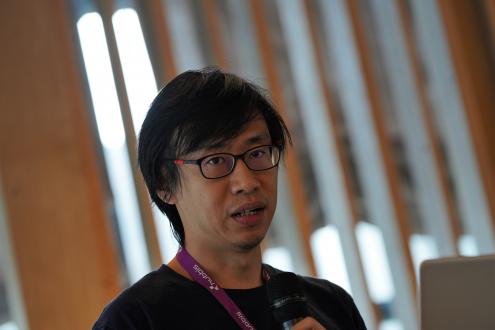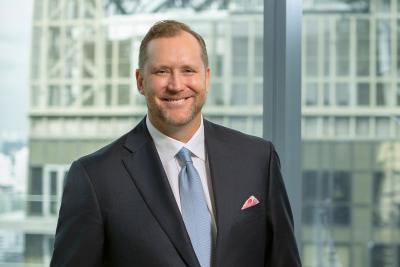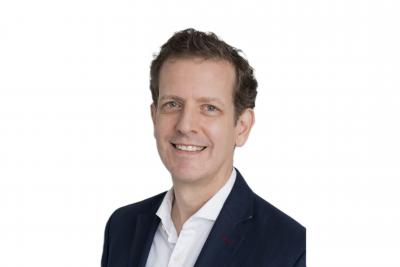After the FTX Debacle – What Next and How Trust can be Restored in the Global Cryptos Market
Hao Yang, Head of Options at Bybit, which he describes as the world’s third largest cryptos exchange, offered delegates a lively and informative presentation on November 30 at the Hubbis Digital Assets Forum in Singapore. His thesis centred on the world of digital assets after the FTX collapse, and how incumbent participants can win back confidence and trust amongst global institutions and investors.
Hao Yang reported that he is Head of Options at Bybit, which he said is currently the third largest crypto exchange, trading on average the equivalent of over USD10 billion in volume.
He offered delegates his own views on the reasons for FTX’s collapse, noting that the speed of the fall from grace was incredibly fast, all happening within one week.
“This is the most unprecedented bankruptcy and bank run that has happened in the crypto space,” he stated. “Nobody ever expected FTX to fall so quickly.”
Hao Yang then moved on to the fallout, noting that the ramifications were being felt far and wide and that the entire ecosystem has been damaged. “As of today, the event is still being played out, and we do not know how much longer it will last,” he reported. “The key is that the event has triggered another round of fund exchanges looking closely at how to regain the trust of clients.”
He pointed, for example to some of the all the exchanges publishing data to prove, for example, that they have sufficient reserves, that their clients’ money is ring fenced and untouchable, that they do not trade client deposits, and that they conduct their business with transparency and legitimacy.
He then focused on what properly managed exchanges can do to manage the risks and maintain market integrity.
Hao Yang said there are two separate risk systems.
One is the security operations system to protect the exchange from hacks and illicit behaviour, including fraud detection, systems security, on-chain transaction monitoring, protocols around cold wallets, hot wallets, and multi-signature approvals.
“In short, we ensure our exchange and systems are tamper proof, so too the wallets,” he said. “I can add that Bybit deposits 90% of our clients’ money into a cold wallet, which as you know is physically separated from the internet. We also run drills to simulate attacks, to make sure we close any possible loopholes continuously.”
Then there is the risk monitoring system designed to protect market integrity and including careful processes and protocols around margin calculation, liquidation, as well as waterfall and insurance funds.
“Crypto derivatives trade 24/7, so there are no weekends,” he explained. “We monitor our client's risk level on real time and then we have to decide if when their margin reaches a certain level what we need to do. Accordingly, we have built a whole risk monitoring system maintaining the market integrity.”
Hao Yang also highlighted improving and expanding regulation. “We are fully licensed in Dubai and Bybit's affiliates also hold regulatory approvals in Lithuania, Australia and New Zealand, while we are also actively seeking licenses or regulation in multiple jurisdictions, for example, in Hong Kong, in Singapore as well,” he reported. “We are actively seeking to educate partners and intermediaries and investors, to collaborate with regulators worldwide and try to transfer knowledge about crypto, and thereby help move this market forward. The better the regulation, the better the entire ecosystem. And I want to emphasize that recent events on FTX should not tarnish the entire industry.”
He closed his talk by offering attendees some insights into how people can use the derivatives in crypto for some yield enhancement and how to structure crypto native products. “Right now, we represent around 5% to 7% of the entire crypto options market volume, and we will be able to offer people more choices than our main competitors. And remember that the crypto community is stronger than one rogue actor and provides many benefits over traditional financial markets, and many advances are yet to come.”








